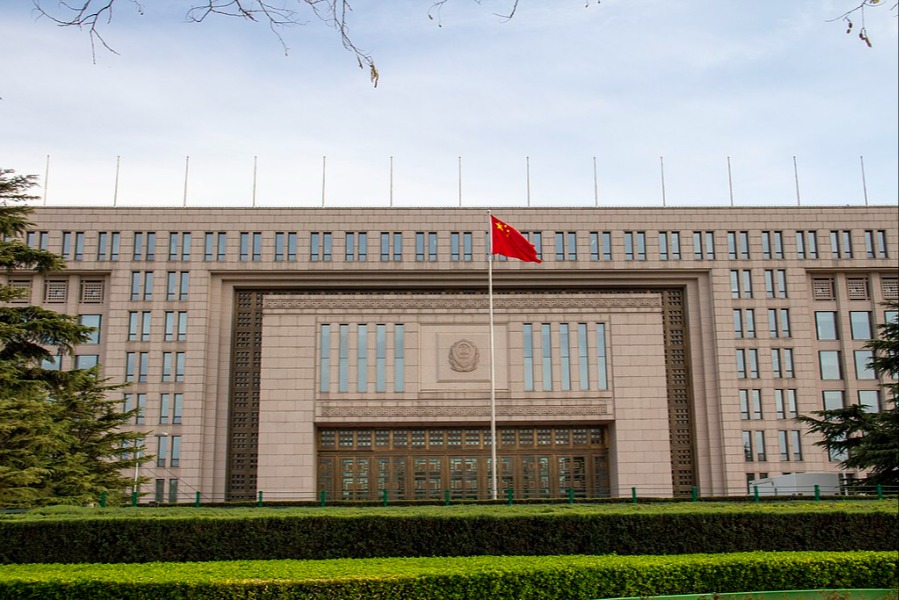Unwinding Sanctions
Most discussion of economic and financial sanctions focuses naturally on the imposition of them. As Peter Feaver and Eric Lorber point out in a new Foreign Affairs article, an equally important strategic issue is unwinding or relieving them.
Published by The Lawfare Institute
in Cooperation With

Most discussion of economic and financial sanctions focuses naturally on the imposition of them. As Peter Feaver and Eric Lorber point out in a new Foreign Affairs article, an equally important strategic issue is unwinding or relieving them. Successful coercive diplomacy requires credible threats to impose costs for bad behavior, but it also requires credible assurances that compliance with demands will bring relief from those costs (unless the purpose of sanctions is actually to bring about a regime’s collapse). It might seem premature or even counter-productive, for example, to talk about easing sanctions against Russia, but their effectiveness depends on a perceived willingness and ability to do so under the right conditions. That’s trickier than usually understood.
Feaver and Lorber explain the difficulties of unwinding sanctions. These difficulties relate to politics, law, and markets. The political mobilization behind imposing sanctions creates momentum that is difficult to turn. Multilateral coordination of sanctions (an important ingredient of effectiveness) is often achieved through formal legal processes that are burdensome to reverse. And some forms of financial sanctions work by creating skittishness among private actors to do business with sanctioned regimes or entities, but it is then difficult to recreate that confidence once it’s lost. All of this means that sanctions are not as agile a tool as they may at first appear.
These issues are especially salient with respect to ongoing negotiations with Iran over the nuclear issue, as detailed by Bob Jervis in another recommended Foreign Affairs article from last year.
Matthew Waxman is a law professor at Columbia Law School, where he chairs the National Security Law Program. He also previously co-chaired the Cybersecurity Center at Columbia University's Data Science Institute, and he is Adjunct Senior Fellow for Law and Foreign Policy at the Council on Foreign Relations. He previously served in senior policy positions at the State Department, Defense Department, and National Security Council. After graduating from Yale Law School, he clerked for Judge Joel M. Flaum of the U.S. Court of Appeals and Supreme Court Justice David H. Souter.





